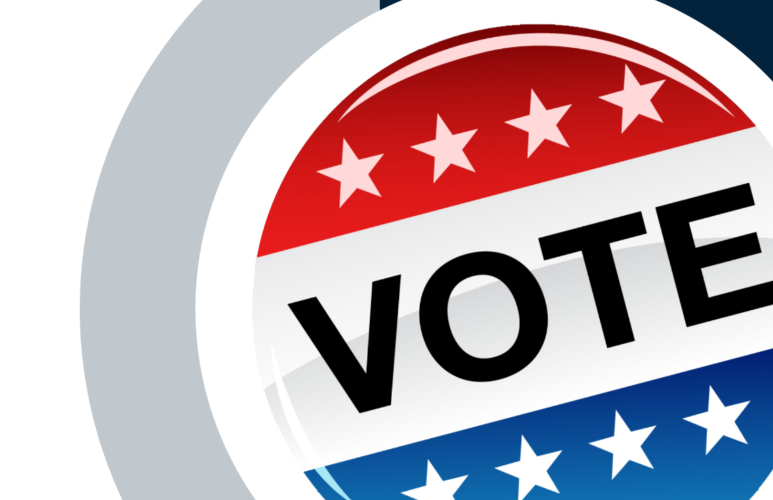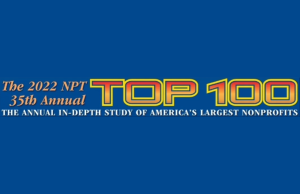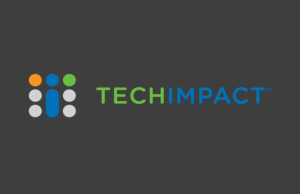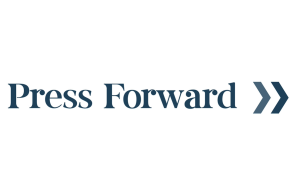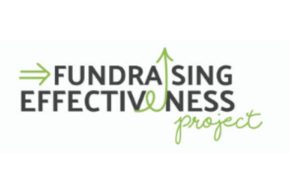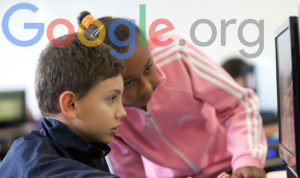When former President George W. Bush was asked in a 2000 Saturday Night Live comedy sketch to identify a defining feature of his candidacy that would put him over the top, his character – played by comedian Will Ferrell – replied that his “strategery” would be the difference maker.
With this year’s midterm elections 15 days away, nonprofit leaders — whose organizations are all about making a difference in the communities they serve — are working on their own strategies to engage voters in national, state and local elections up and down the ballot this season.
“Whether it’s an arts program, a local church, a housing group, a group for the vision or hearing-impaired, or a group for those with other physical or mental disabilities, nonprofits are on the ground in their communities and have access to the people they serve in ways that others often just don’t,” said Tiffany Carter, policy counsel for the National Council of Nonprofits in Washington, D.C. “Because of the work they do, nonprofits know best the people they’re serving and are often voices for those who are otherwise unheard, so whenever we are able to educate our communities to vote, that is creating a stronger democracy for everyone.”
To help nonprofit leaders integrate voter engagement with their other activities and services, Nonprofit VOTE – formerly known as the Nonprofit Voter Engagement Network – was created in 2005 to provide nonpartisan information, tools, training and programs these organizations can use to serve their clients as voters. The group later had a role in spearheading National Voter Registration Day, which is held annually in September and has helped register nearly 4.7 million voters across all 50 states since its inception in 2012.
Despite this, as many as 1 in 4 eligible Americans remain unregistered to vote, according to U.S. Census data. Some don’t know how or where to register, and others find themselves unable to vote because they missed the deadline or because they moved and didn’t update their registration.
To address these gaps, Nonprofit VOTE has since created a website at NonprofitVoter.org, where any nonprofit – or voter – can check or update their registration status, find their polling place, get voter ID assistance, and access an Election Protection hotline with additional information on registration deadlines and early and mail-in voting options for their particular state.
This year, Nonprofit VOTE has gone a step further by creating materials in several languages for its nonprofit partners in the battleground swing states of Colorado, Michigan, North Carolina, Pennsylvania and Virginia. It also offers state-specific fact sheets about the voting process in 30 more states with guidance for voters facing disabilities, homelessness, a felony conviction or other barriers to voting, all of which can be found on the group’s website on its “Voting in Your State” page.
“Voter engagement is something all nonprofits can take part in, regardless of location,” said Caitlin Donnelly, program director for Nonprofit VOTE.
However, voter engagement isn’t only for the clients of nonprofits; it’s also for their employees. To that end, the group has initiated another campaign called Nonprofit Staff Vote.
To ensure their employees are able to get to the polls and aren’t forced to sacrifice a paycheck by taking time off work to do so, the Nonprofit Staff Vote campaign encourages nonprofit leaders to grant their workers anywhere from a few hours to a full day of paid time off to vote on or before Election Day.
The National Council of Nonprofits has signed on to the concept and encourages its member organizations to do so, something that many states now require of all employers. The council also supports granting paid time off for nonprofit employees to serve as poll workers. “Nonprofit workers make up 10% of the workforce, and so we want them to be empowered as well,” said Carter.
Despite these efforts, some nonprofit leaders remain skittish about engaging in any activity that smacks of politics or voter engagement for fear of jeopardizing their tax-exempt status granted to them by the Internal Revenue Service (IRS). Under the federal tax code, 501(c)(3) charitable organizations are prohibited from engaging in political campaign activity, defined by the IRS as “supporting or opposing a candidate for public office.”
However, there is still a role to play in educating the public about issues affecting the community, and nothing in the IRS code prohibits them from hosting voter registration drives, candidate forums, and other nonpartisan forms of voter education relating to early, mail-in and in-person voting options, registration deadlines, and the like.
“The big thing we want nonprofits to know is that you can do this as long as it’s completely nonpartisan, and these are all things we want nonprofits to amplify in their messaging,” said Carter.
Points of Light, a nonprofit created to promote the spirit of volunteerism inspired by former President George H. W. Bush’s 1989 inaugural speech, is another organization doing just that. Last year, Points of Light launched the Civic Circle, a framework to connect individuals to volunteer and civic opportunities, of which voting was one of nine components.
“Our work is to put a spotlight on the importance of voting as a means of impacting change,” said Elizabeth Schwan-Rosenwald, chief programs and network officer for Points of Light. “A single vote can feel unimportant, but single votes added to more single votes create changing communities. It’s our responsibility to encourage new generations of voters to see their vote as part of overall civic citizenship.”

